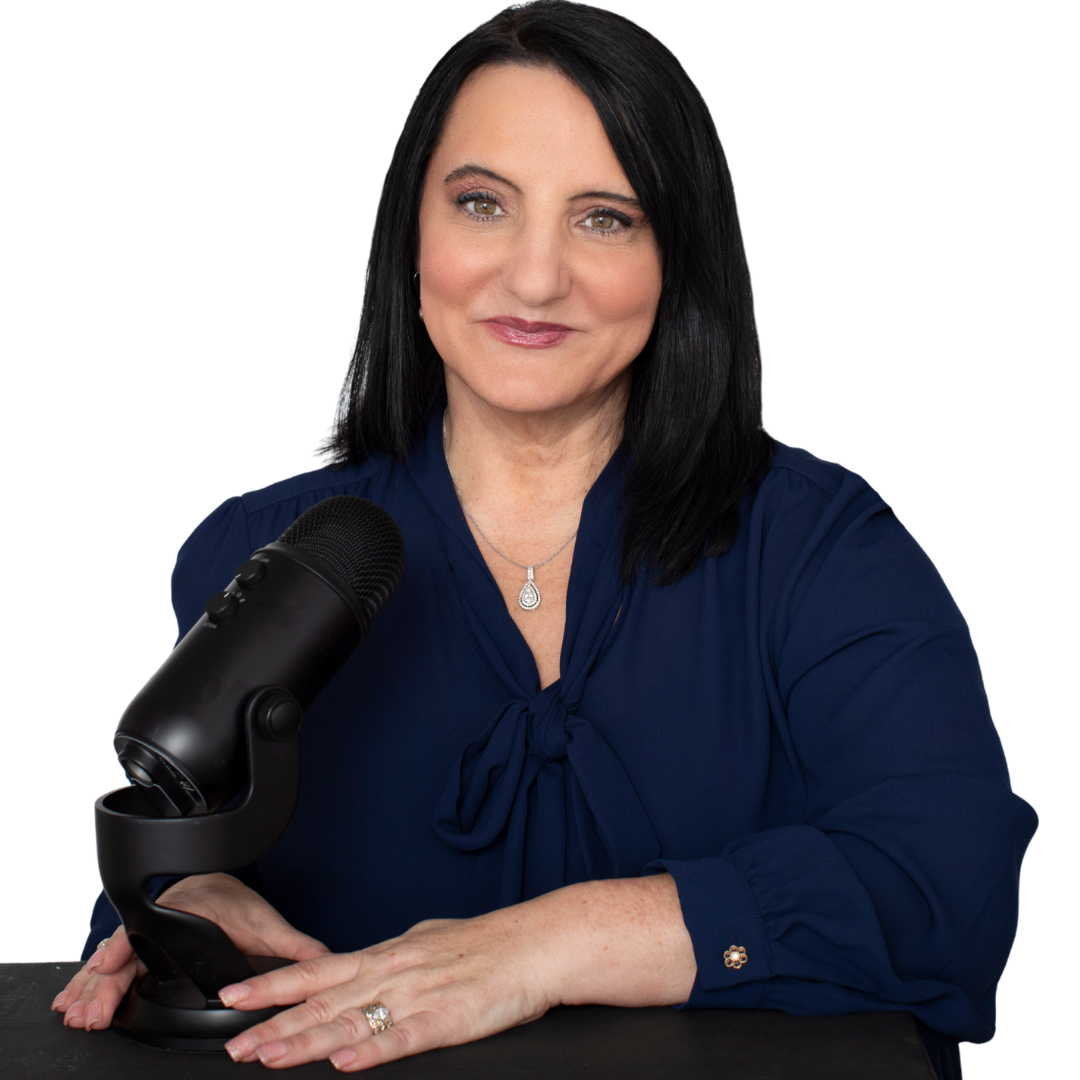For parents, it's already hard enough to discover that their kid is diagnosed with a particular mental health disorder, and it's even harder for them to find the right time and manner to talk to their kids about their diagnosis.That's why I'm here; to guide you on how to talk to your kid about their issues and diagnosis so that we can help them be better individuals and great contributors to society.
The frequently asked question we get from parents is how to talk to kids about their diagnosis - whether it may be ADHD, anxiety, dyslexia, OCD, depression, or other mental health disorders - without making them feel bad or stigmatized. Your kid most probably knows something is going on because they are struggling. So, the most important thing to do is to talk to them about it. They are going to imagine worse possible scenarios than worry about some label that's been imposed upon them.What we have to keep in mind is that a label is only a label. It shouldn't limit our kids from doing things they usually do. So, we must understand these clinical conditions to know the challenges and the gifts that come with them.When kids understand these things, they at least have an idea of what they can do about it, which is crucial because our help can only go so far if they don't take action themselves.
Parents are the CEOs of everything - kids, mental health, physical health, and everything else within their family. So they need the right solutions to help their kids improve their mental health. The first step is talking to them about their diagnosis.First, we should always think about the developmental level. We want to use language that is appropriate for each level. But we also have to consider that the child's age sometimes doesn't match their emotional maturity. Always start with your kids and ask them what they know. We want to make sure that we will talk to these kids so they can hear and explicitly understand us. That's why it's crucial to educate yourself about these clinical conditions to see these situations in a different light. We have to know the root cause of these issues.It's also best to get reliable information besides Google. We must provide professional help to ensure that our kids are on the right path to improvement.
Trying to teach and talk to your kids about their diagnosis shouldn't be just a one-time thing. Instead, you must hold continued conversations about everything relevant and essential to their situation so that they can know how to deal with it themselves.If you talk to them at a young age, you also have to keep reinforcing these as they continue to age so that there won't be any confusion as regards their clinical diagnosis and symptoms. So, we must be consistent to ensure they get comfortable with their diagnosis. Being involved in your kid's life is also a good step in being able to talk to your kid easily about their diagnosis. It's better when they can express their thoughts, frustrations, and feelings freely.
Talking to your kids about their diagnosis may be challenging, but we must use a positive stance and acknowledge the hard stuff when we do so. We want them to be comfortable, accept their situation, and remind them they're not alone in this journey. Many people are willing to help, and there are remedies available.When you finally have that talk, make sure to check in on them from time to time. Have conversations or even small talk because the more kids know, the more they love themselves. Is It ADHD Or Something Else?If your child is struggling in ways that make you wonder if they have ADHD, I've developed a quiz to tell you if your child has ADHD, or if it's something else that should be on your radar. It's FREE to take the quiz, and you can get your results immediately.➡️ “Is it ADHD or something else?” Take the quiz. ➡️ Join our FREE Natural Parenting Community to receive science-backed resources for your child and family. Join here.➡️ Get help from Dr. Roseann and her team. Apply here.

